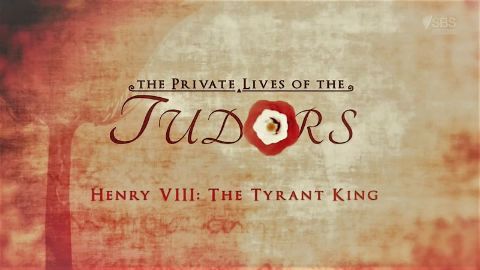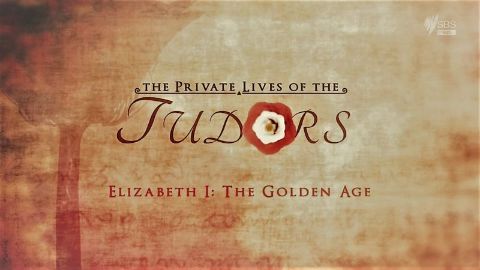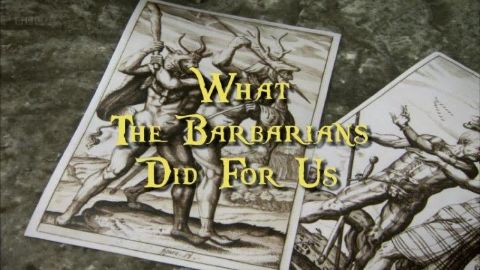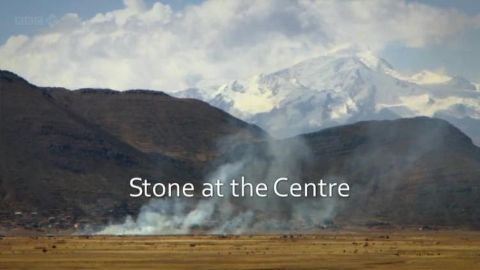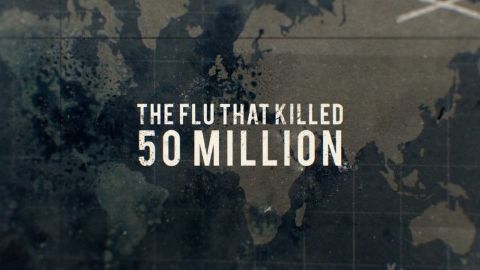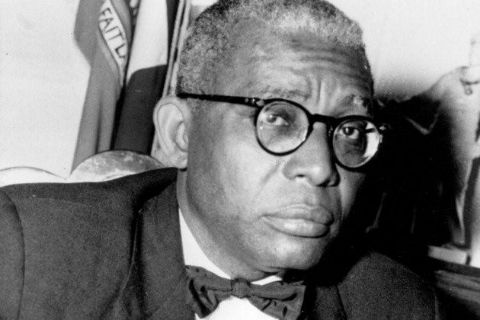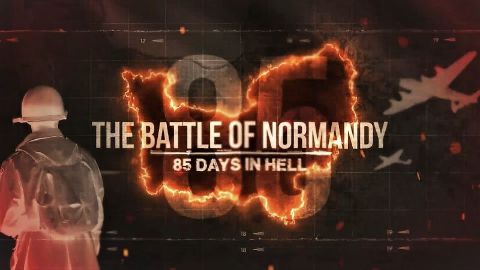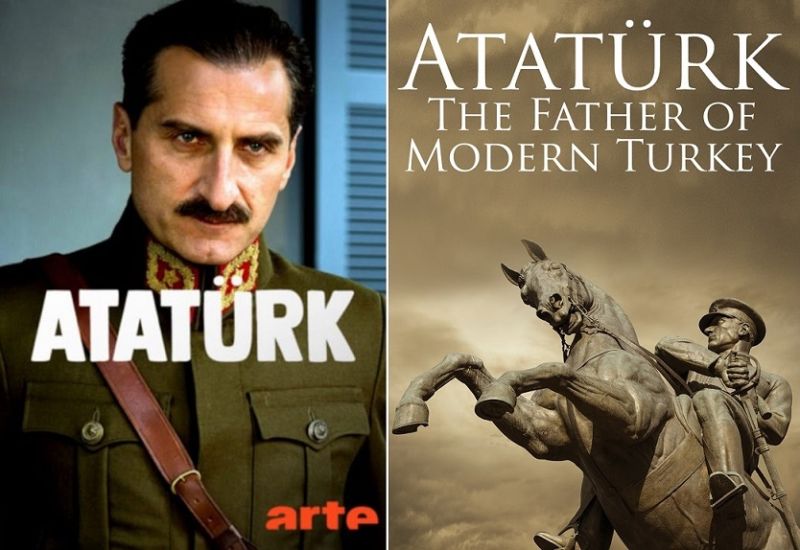The Private Lives of the Tudors • 2016 • 3 episodes •
Armed with fresh research, historian Tracy Borman reveals the truth about everything from the Tudor bedding ceremony to Henry VIII's affairs.
2016 • History
Tracy Borman examines the reign of Henry VIII, revealing his interests, clothing, taste in food and the accidents he survived during his life.Intricate details about the man, Henry VIII are revealed.
2016 • History
A detailed look at the life of Elizabeth I, the 'Virgin Queen'. Exploring the close relationships with her intimate attendants and the attitudes to and treatment of women at the time, this episode about Elizabeth focuses on her affairs, her diet and her power.
2016 • History

